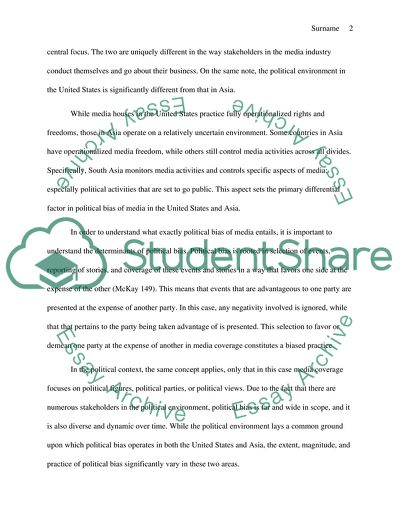Cite this document
(Media's Political Bias Article Example | Topics and Well Written Essays - 1500 words, n.d.)
Media's Political Bias Article Example | Topics and Well Written Essays - 1500 words. https://studentshare.org/journalism-communication/1784312-medias-political-bias
Media's Political Bias Article Example | Topics and Well Written Essays - 1500 words. https://studentshare.org/journalism-communication/1784312-medias-political-bias
(Media'S Political Bias Article Example | Topics and Well Written Essays - 1500 Words)
Media'S Political Bias Article Example | Topics and Well Written Essays - 1500 Words. https://studentshare.org/journalism-communication/1784312-medias-political-bias.
Media'S Political Bias Article Example | Topics and Well Written Essays - 1500 Words. https://studentshare.org/journalism-communication/1784312-medias-political-bias.
“Media'S Political Bias Article Example | Topics and Well Written Essays - 1500 Words”. https://studentshare.org/journalism-communication/1784312-medias-political-bias.


